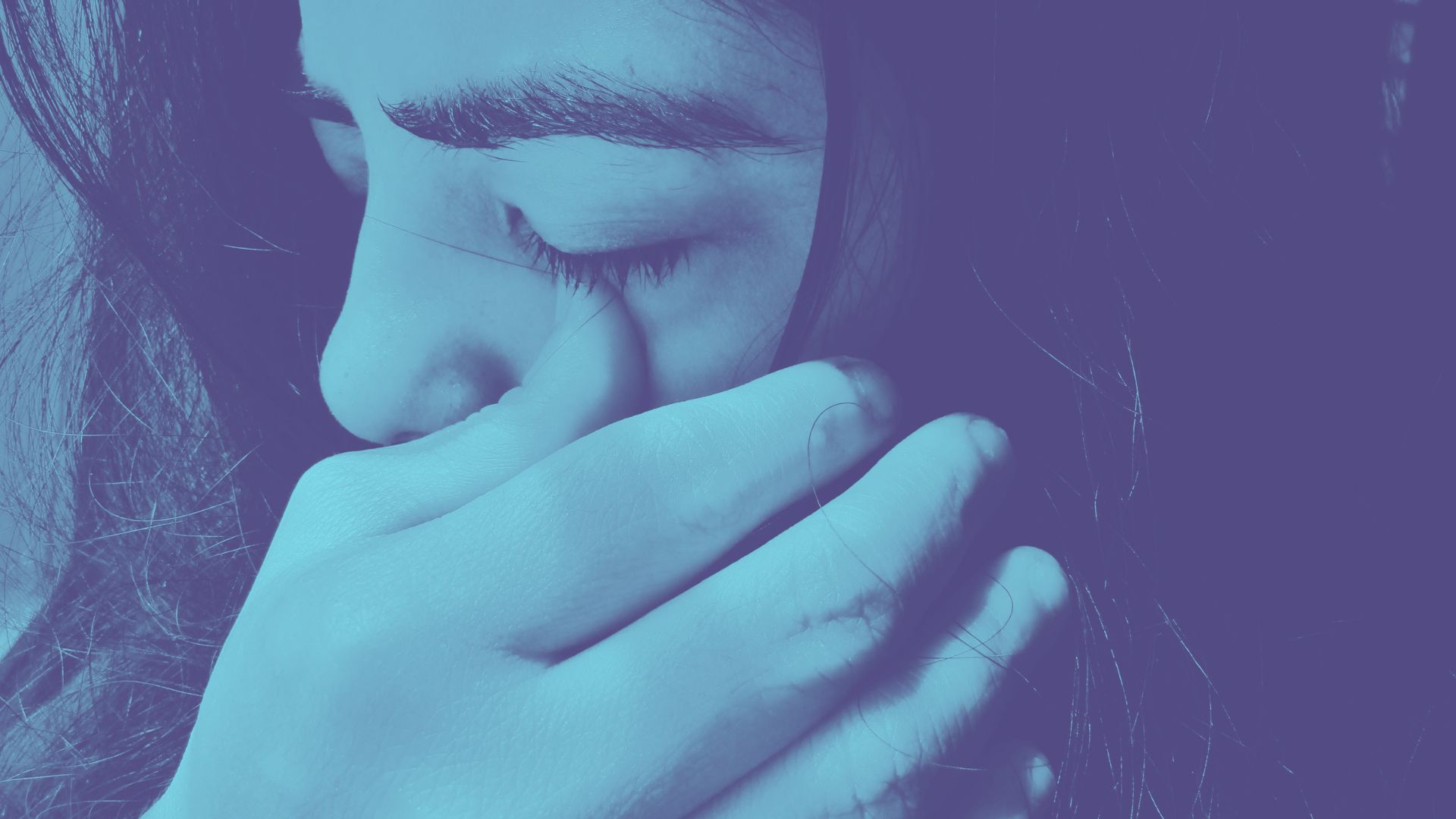The rate at which young people in the U.S. seek out mental health treatment for issues like major depression is worryingly low. It must be addressed. But digging further into the data reveals what is perhaps an even more concerning finding — one that adds urgency to the pursuit of equity in mental healthcare.
Young people of color are significantly less likely to receive depression treatment than white youth. Just 22% of people who had experienced a major depressive episode in the last year sought out a mental health professional for help — that is not good enough, but it is more than double the rate at which most minority groups sought out help. Just 8.3% of Asian youths had seen a professional or received medication for their depression. Only 9.4% of African Americans and 9.5% of Hispanics suffering from depression had received treatment or spoken with a professional.
Compounding this unequal access is the treatment young people receive once they do seek out or receive help for their illness. Youth of color are less likely across the board than white people to receive specialty care, such as staying the night in a hospital or receiving treatment from an in-home therapist.
The COVID-19 pandemic has only added to the urgency at which we must address this healthcare equity crisis. According to the World Health Organization, the pandemic triggered a 25% spike in anxiety and depression worldwide. Isolated, in fear for their own health and that of their family, and maybe even grieving the loss of loved ones, the pandemic has wreaked havoc with peoples’ mental health globally and in the U.S.
Young people have been disproportionately affected by this mental health crisis, exhibiting a disproportionate level of suicide ideation and self-harm.
Combining this global-scale mental health decline with domestic inequities between youth of color and their
white peers makes for a dangerous cocktail of mental health crisis and systemic inequality — one that will inevitably cost lives.
The theme for World Mental Health Day 2022, on October 10th, is “Make Mental Health For all a Global Priority.” For the U.S., this theme is apt.
To us, “for all” means leaving nobody — whether because of the color of their skin, their, gender, religion, or anything else — behind. We can no longer allow our young people of color, in particular, whose lives have been so upturned, to suffer the consequences of COVID-19 in silence.
But improving equity in healthcare is not a simple fix. It will take work and buy-in not just from individuals, but from communities and the public and private sectors, all of whom have a role to play in broadening access to services and educating people about the help available to them and how to access it.
The first thing all of us can do is advocate. Advocate not only for the young people in our families and communities but also, critically, for those who don’t have the means or connections to advocate for themselves.
